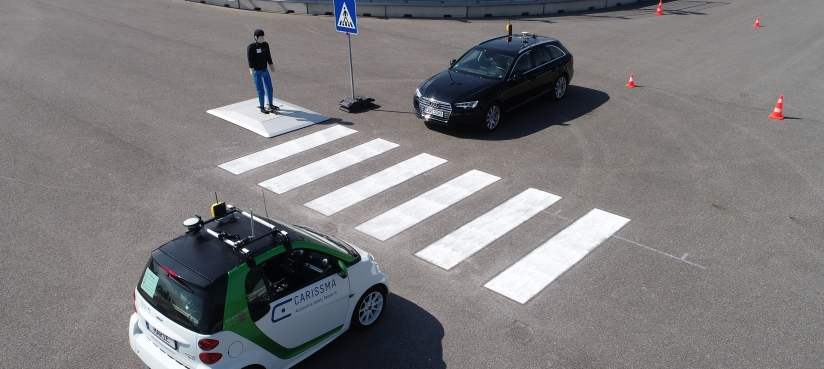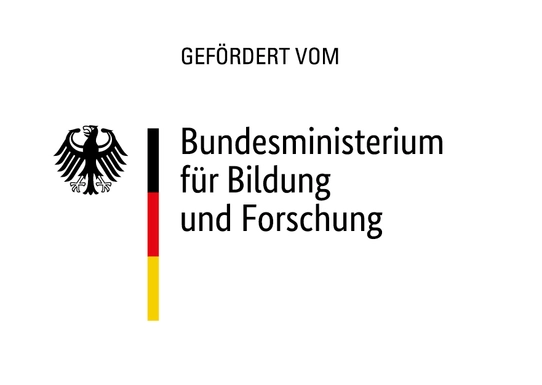Artificial intelligence (AI) is considered a promising method to make the complexity of autonomous mobility manageable, due to the infinite variety of variants and the underlying nonlinear relationships. Machine learning methods offer the possibility to capture complex nonlinear relationships in data and to develop algorithms that are superior to conventional model-based approaches. However, AI methods present two major challenges. First, the use of such methods is limited by the amount of data available. Second, the lack of interpretability, especially with respect to security systems, is a major problem. This is exactly where SAFIR IP8 comes in with its hybrid models and the domain knowledge of THI and industry partners. Insufficient data can be partially compensated by preprocessing steps based on expert knowledge. Similarly, machine learning procedures in hybrid models should be supplemented with expert knowledge to enable interpretability, or to validate the outputs of the machine procedures. It is this combination of expert knowledge and AI that is seen by the industry partners as a very promising methodology.
In addition to simulations, real driving tests are indispensable for testing systems that cause autonomous intervention in the longitudinal or lateral dynamics of a vehicle. Due to the high costs of real tests, it is necessary to identify a small number of "relevant" function-specific test scenarios, to implement them in the vehicle in a reproducible manner, and then to evaluate them. Simulations can be used to identify and analyze the "relevant" test scenarios, but also data from traffic scenarios recorded during journeys on public roads. In the intensification phase, bridges between the simulation and the real world in the safeguarding process are to be created with the help of AI methods. The advantages of AI methods are to be used in a targeted manner.
In subproject I, research is being conducted on high-precision state estimation in the absence of GPS signals or other external sensors under real conditions. The extent to which on-board sensors of the vehicles are suitable for sensor fusion with the inertial gyro system of the project partner is being investigated. In subprojects II and III, real-world data will be used to research adaptive driver modeling and the generation of urban traffic scenarios using AI methods. Further details can be found on the pages of the subprojects:
- SP I: High-accuracy state estimation and data generation.
- SP II: Driver modeling for function development and validation
- SP III: Test systematics for automated driving
Contact

Prof. Dr.-Ing. Michael Botsch
Phone: +49 841 9348-2721
Room: K209
E-Mail: Michael.Botsch@thi.de





![[Translate to English:] Logo Akkreditierungsrat: Systemakkreditiert](/fileadmin/_processed_/2/8/csm_AR-Siegel_Systemakkreditierung_bc4ea3377d.webp)








![[Translate to English:] Logo IHK Ausbildungsbetrieb 2023](/fileadmin/_processed_/6/0/csm_IHK_Ausbildungsbetrieb_digital_2023_6850f47537.webp)


